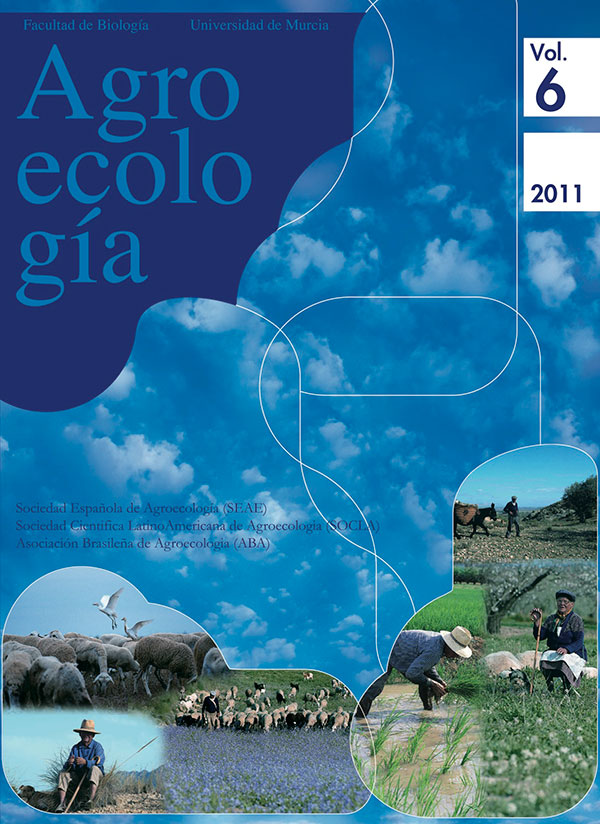Agroecology and Public Policy in Latin America: The case of Brazil
Abstract
Despite the hegemony of the agricultural production model based on the industrialization of agriculture, strategies for agricultural and rural development in Brazil have been incorporating, in recent decades, a number of initiatives that go against the dominant logic. These initiatives are expressed through practical experiences of peasant family farming and the action of the growing agroecological movement, which now has the participation of important sectors from the academic and technical-scientific communities. Innovative initiatives are expressed by the emergence of the Joint National Agroecology (ANA) and the Brazilian Association of Agroecology (ABA-Agroecology). In response, the Brazilian state has opened up the possibility of implementing policy innovation niches, which have difficulties in expanding due to the incipient struggle taking place in Brazilian society related to the direction of rural development. Moreover, civil society and especially the movements of peasants and family farmers, still lack the protection of the references Agroecology as a structural axis of its patterns of political negotiation with governments. Thus, it can be affirmed that the country lacks a national project to guide the search for more sustainable development strategies, since the set of policies for rural areas remains guided by productivist and mercantilist logic that shaped the modernization project driven from the 1960s. Moreover, since the Agricultural Agreement of World Trade Organization in the mid1990s, successive Brazilian governments have acted decisively in order to reposition the country as an exporter of agricultural commodities to contribute the results to the balance of payments. Also from this period, the segment of family farms began to receive increasing financial and political attention of the state, although the investment made in this direction was mainly aimed at modernizing production facilities based on Green Revolution technologies and the growing integration of production chains dominated by transnational corporations. In this context, it is notable that public policies do not reveal an intent to pursue greater sustainability; instead, socio-environmental innovations appear only sporadically in government initiatives. These, however, are important in that they signal the possibility of establishing a national project that can contribute decisively to the Agroecology transition, understood as a fundamental requirement for reorienting the model of rural development and agriculture in search of more economic, environmental and social sustainability.Downloads
Las obras que se publican en esta revista están sujetas a los siguientes términos:
1. El Servicio de Publicaciones de la Universidad de Murcia (la editorial) conserva los derechos patrimoniales (copyright) de las obras publicadas, y favorece y permite la reutilización de las mismas bajo la licencia de uso indicada en el punto 2.
2. Las obras se publican en la edición electrónica de la revista bajo una licencia Creative Commons Reconocimiento-NoComercial-SinObraDerivada 3.0 España (texto legal). Se pueden copiar, usar, difundir, transmitir y exponer públicamente, siempre que: i) se cite la autoría y la fuente original de su publicación (revista, editorial y URL de la obra); ii) no se usen para fines comerciales; iii) se mencione la existencia y especificaciones de esta licencia de uso.
3. Condiciones de auto-archivo. Se permite y se anima a los autores a difundir electrónicamente las versiones pre-print (versión antes de ser evaluada) y/o post-print (versión evaluada y aceptada para su publicación) de sus obras antes de su publicación, ya que favorece su circulación y difusión más temprana y con ello un posible aumento en su citación y alcance entre la comunidad académica. Color RoMEO: verde.





